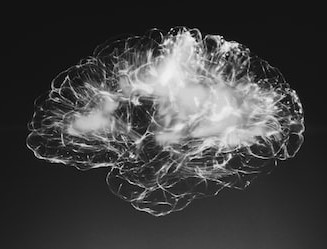The Pandemic Nightmare: How COVID-19 led to the worst supply chain meltdown in the American pharmaceutical industry
The world as we knew it changed forever as the pandemic ravaged the globe leaving footprints of utter misery along its way. Destroying lives and the livelihood of millions of people worldwide, COVID elicited unprecedented and unforeseen impediments that hamstrung the global economy, the ripple effects of which will still be felt for many years [...]











